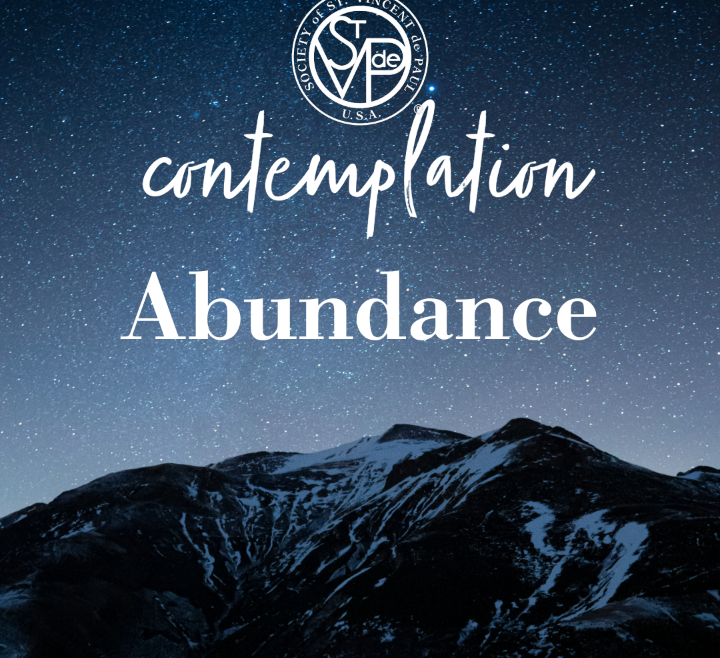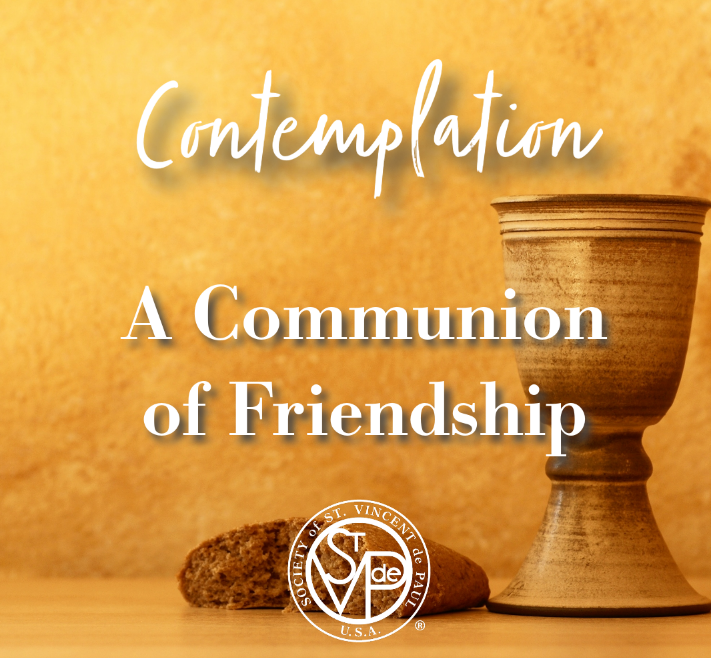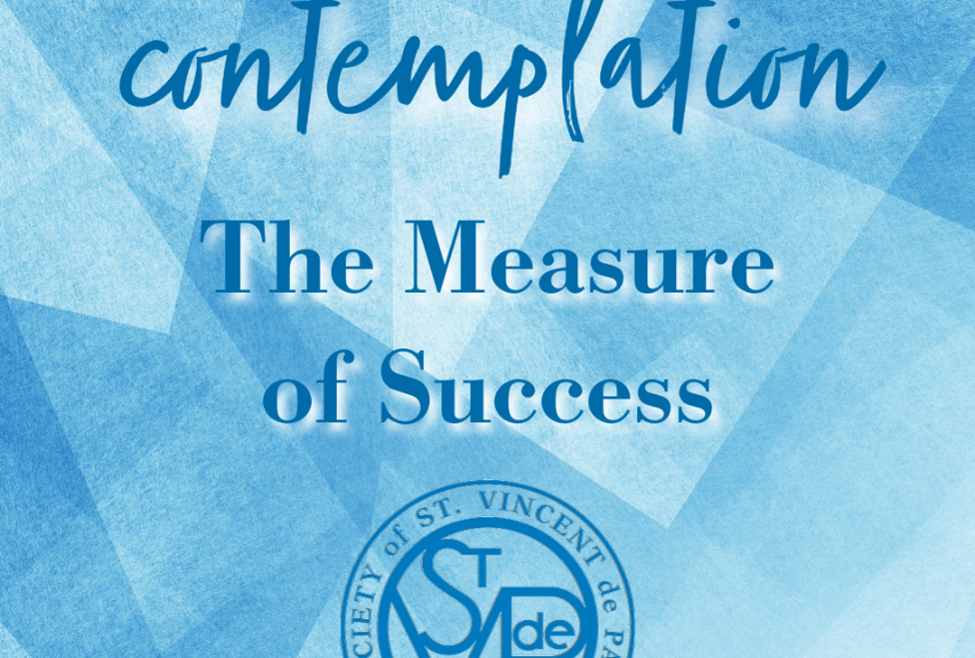“Why on earth would they do that?” we sometimes ask ourselves after a Home Visit in which the neighbors explain a decision they’ve made which makes no sense to us. Perhaps they’ve used their last dollars to pay a past-due cable bill, and the rent is due next week. They’ve quit a job in anger, despite having nothing to fall back on. Or they’ve used their tax refund on recreation when their electricity is already cut off.
In their book Scarcity, authors Sendhil Mullainathan and Eldar Shafir examine how human decision-making and cognitive abilities are affected when resources become scarce. Whether it is money, food, or even time that is insufficient, or barely sufficient for our needs, we don’t tend to make rational decisions. It’s not a matter of wealth or education. Very busy people, for example, for whom time is scarce, often mismanage the time that they have.
For the poor, of course, scarcity is a constant in their lives. We should hardly be surprised that some of their decisions make no sense to those of us who have in abundance what the poor lack. Scarcity is not affecting our thinking. At the same time, while we set aside our judgment, as we are called to do, and set about trying to provide for whatever scarcity the neighbor faces, we may ourselves lose sight of the most important scarcity we can address: love.
“Man cannot live without love.” Pope St. John Paul II reminds us. “He remains a being that is incomprehensible for himself, his life is senseless, if love is not revealed to him...” [RH, 10] That is why our Rule explains that “Vincentians should never forget that giving love, talents and time is more important than giving money.” [Rule, Part I, 3.14] Of all the resources we may have at our disposal, love is the only one that is never scarce.
All the things of this world, after all, will pass; both scarcity and abundance of material things is an illusion. It is much easier to remember that life is more than food, and the body more than clothing when we want for nothing; it is more difficult when we are hungry and poor. The material assistance we offer is meant not to create false abundance, but to demonstrate God’s love; to be God’s instrument in providing what is needed, just as He promised it would be provided; and so, “by showing the vitality of [our] faith, affirm its truth.” [Baunard, 65]
It is the who poor evangelize us by sharing Christ’s suffering with us. In turn, we evangelize first by fulfilling Christ’s promise to provide for their needs, and through our works, offering the only true abundance, an abundance that sweeps away all scarcity: the abundance of God’s love, and His hope.
Contemplate
Do I let my love grow scarce enough to affect my thinking during encounters with the neighbor?










